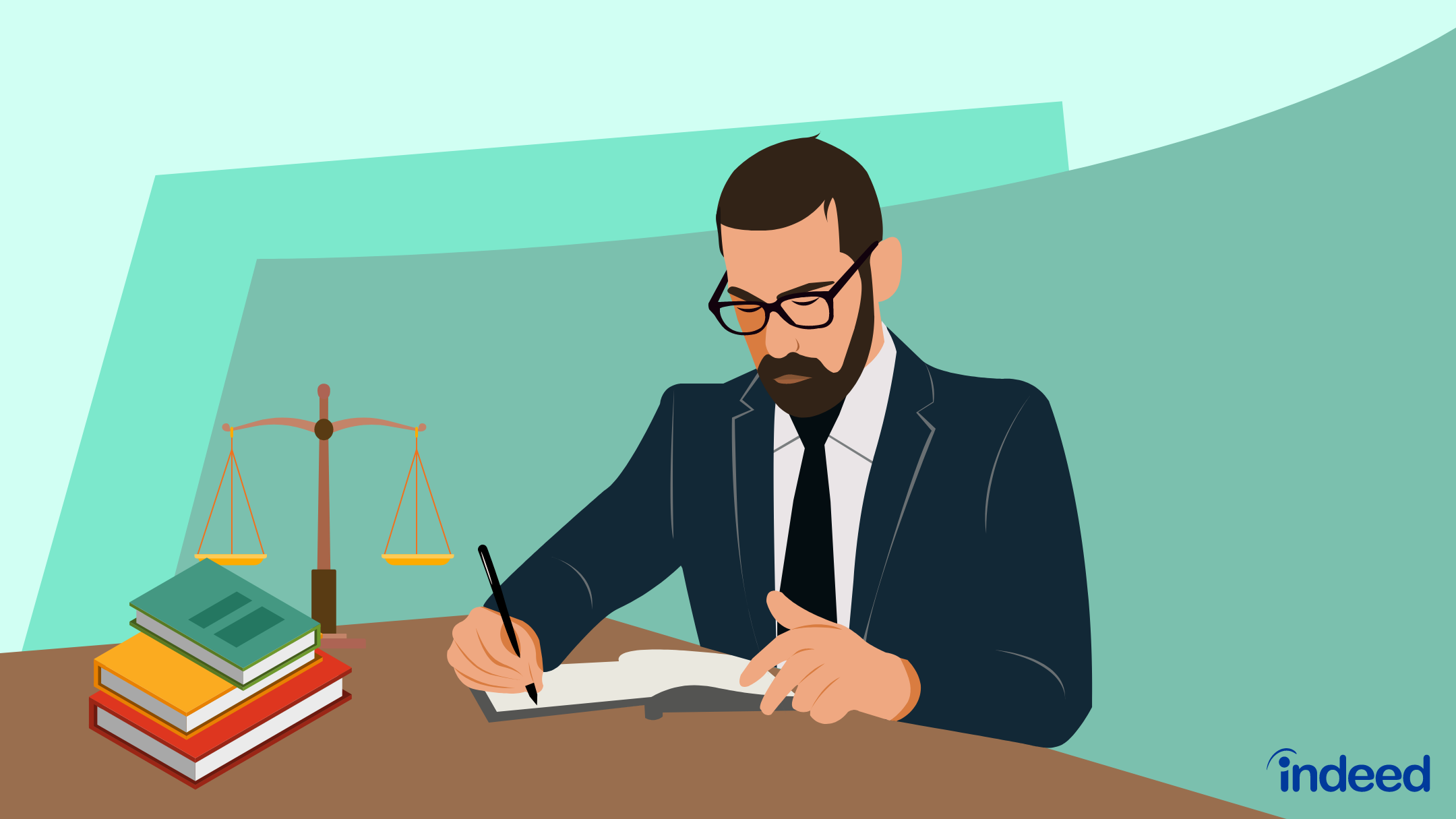
Mastering Legal Assistant Tips for Efficient Workflows
Maximizing Efficiency: A Guide to Legal Assistant Excellence
In the fast-paced world of law, efficiency is paramount. As a legal assistant, mastering tips and tricks for optimizing workflows can make all the difference in your productivity and effectiveness. In this article, we’ll explore some key strategies to help you become a master of efficiency in your role.
Organizational Strategies: The Foundation of Efficiency
Effective organization is the cornerstone of efficiency for legal assistants. Develop systems for managing documents, emails, and deadlines to ensure nothing falls through the cracks. Utilize digital tools such as calendar apps, document management software, and task management platforms to stay organized and on top of your workload.
Time Management Techniques: Making Every Minute Count
Time is a precious resource in the legal field, and mastering time management is essential for success as a legal assistant. Prioritize tasks based on urgency and importance, and allocate your time accordingly. Use techniques like the Pomodoro Method or time blocking to structure your day and maximize your productivity.
Communication Skills: Facilitating Smooth Operations
Clear and effective communication is critical for efficient workflows in a legal setting. Develop strong communication skills, both written and verbal, to ensure that information flows smoothly between attorneys, clients, and other team members. Practice active listening and ask clarifying questions to ensure that you understand instructions and expectations accurately.
Attention to Detail: Ensuring Accuracy and Precision
Attention to detail is non-negotiable for legal assistants, as even small errors can have significant consequences in the legal world. Double-check your work for accuracy and precision, paying close attention to details such as dates, names, and legal terminology. Develop proofreading strategies to catch errors before they become problems.
Adaptability: Thriving in a Dynamic Environment
The legal landscape is constantly evolving, and legal assistants must be adaptable and flexible to navigate changing priorities and circumstances. Embrace new technologies and software tools that can streamline your workflows and improve efficiency. Stay abreast of industry trends and developments to ensure that you remain relevant and effective in your role.
Collaboration Techniques: Working Effectively with Others
Legal assistants often work closely with attorneys, paralegals, and other team members to support legal proceedings and client matters. Cultivate strong collaborative relationships by being responsive, proactive, and reliable. Communicate openly and transparently with your colleagues to ensure that everyone is on the same page and working towards common goals.
Problem-Solving Skills: Finding Solutions in Complex Situations
In the legal field, unexpected challenges and obstacles are par for the course. Develop strong problem-solving skills to navigate complex situations and find creative solutions to issues as they arise. Approach problems with a positive attitude and a willingness to explore different options until you find a resolution.
Professional Development: Investing in Your Growth
Continuous learning and professional development are essential for legal assistants who want to excel in their careers. Seek out opportunities for training, education, and skill development to expand your knowledge and expertise. Stay curious and proactive about your professional growth, and don’t be afraid to step outside your comfort zone to acquire new skills.
Self-Care: Maintaining Balance and Well-Being
Finally, remember to prioritize self-care to maintain balance and well-being in your role as a legal assistant. Take breaks when needed, practice stress management techniques, and cultivate hobbies and interests outside of work to recharge and rejuvenate. A healthy work-life balance is essential for long-term success and fulfillment in the legal profession.
Conclusion
Mastering legal assistant tips for efficient workflows requires a combination of organization, time management, communication, attention to detail, adaptability, collaboration, problem-solving, professional development, and self-care. By implementing these strategies into your daily routine, you can optimize your efficiency and effectiveness as a legal assistant, contributing to the success of your team and achieving your career goals. Read more about legal assistant tips and tricks






